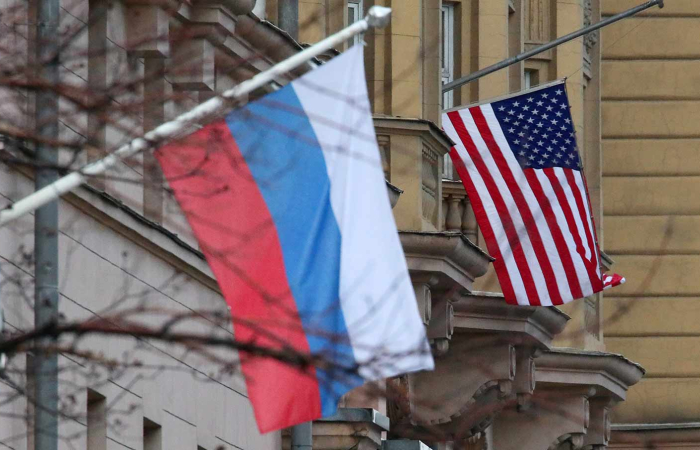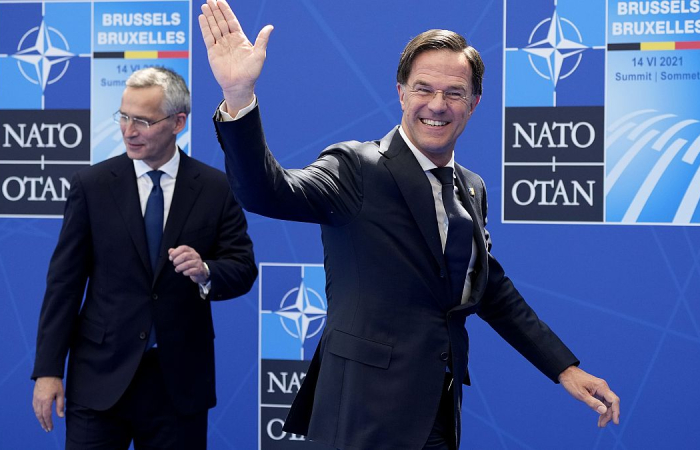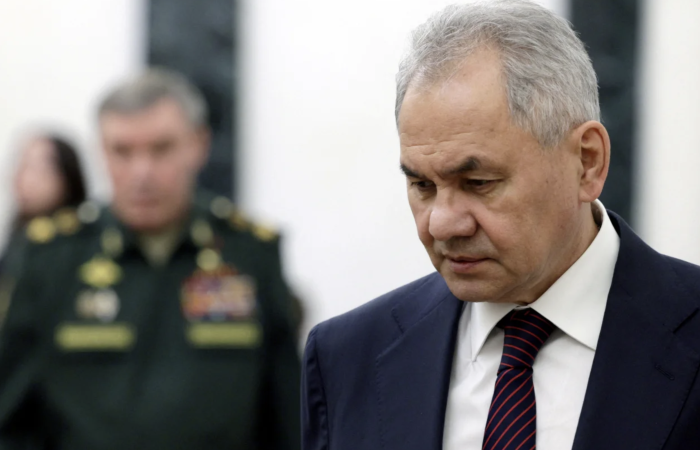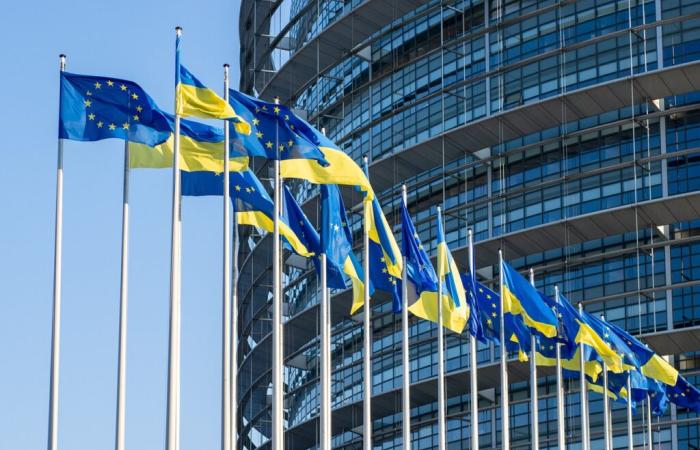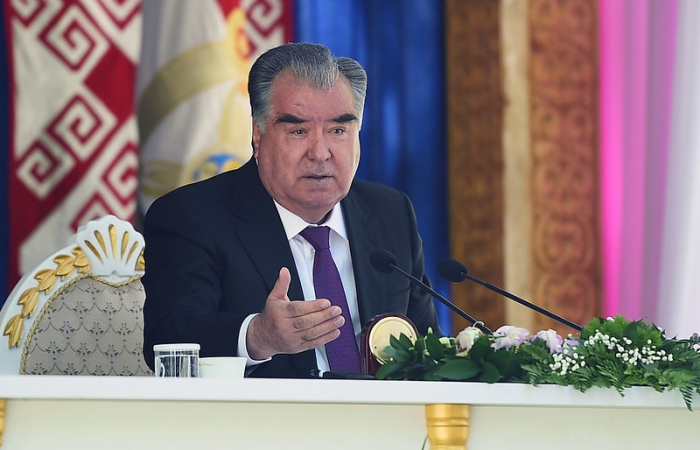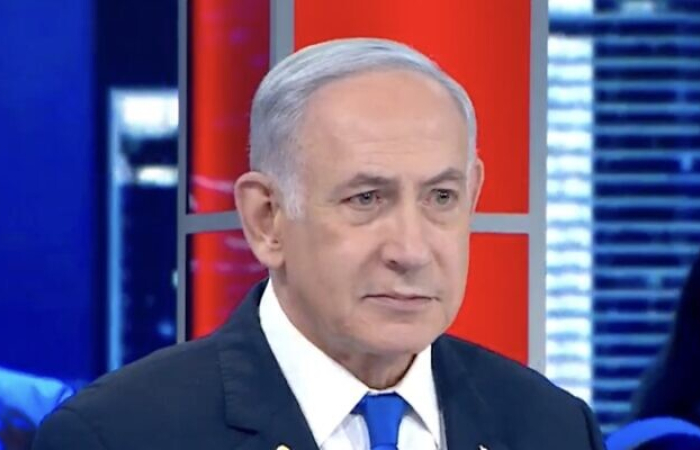Trending
- Culture and Lifestyle
- Domestic Politics
- Environment and Habitat
- Equality and Human Rights
- Religion
- Global
- Gulf and Red Sea Regions
Climate change makes it harder to protect the faithful during pilgrimages
27 June 2024
Hundreds of pilgrims who died of extreme heat during this year's Hajj were not officially registered with the Saudi authorities (the Hajj is an annual Islamic pilgrimage to Mecca, Saudi Arabia, the holiest city for Muslims). As a result, many pilgrims were unable to access basic services such as air-conditioned buses and cooling tents. This situation highlights a growing challenge for Hajj organisers in the face of climate change: the requirement for official permits to access these services raises concerns that unregistered pilgrims may increasingly face life-threatening heat exposure. In addition, the high cost of official Hajj packages is leading some Muslims to seek cheaper, unofficial alternatives that do not include the necessary permits, taking advantage of relaxed restrictions on other types of Saudi visas. The lack of permits for unregistered pilgrims is hampering the provision of services and care, according to Colonel Talal bin Shalhoub, the security spokesman for the Saudi Ministry of Interior, in an interview on Saudi al-Arabiya television. Critics argue that all pilgrims should be protected from extreme heat, regardless of their registration status, and claim that authorities have cracked down on unauthorised participants this year.




